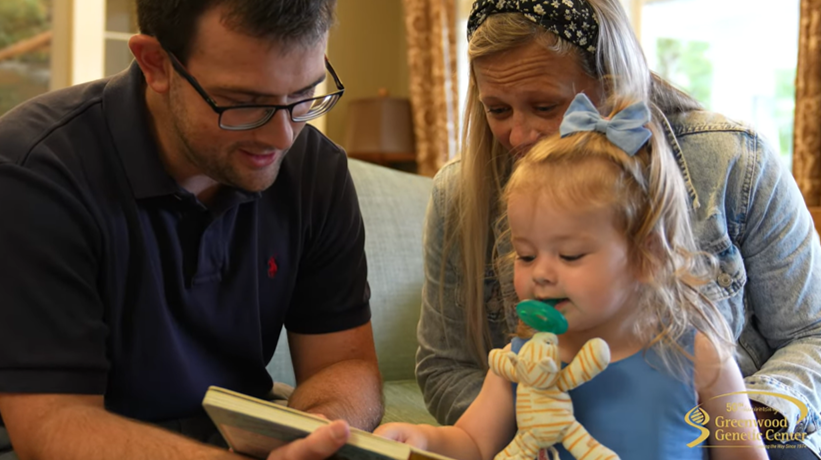Psychosine, also known as galactosylsphingosine, is a substrate of the galactocerebrosidase (GALC) enzyme that is deficient in Krabbe disease. Thus, psychosine is used as a biomarker for patients with Krabbe disease, both for diagnosis and for treatment monitoring. Psychosine can also be elevated in atypical Krabbe disease due to Saposin A deficiency due do variants in the PSAP gene.
10 days; however, if being measured as a second-tier test for newborn screening, the results will be delivered within 2 business days.
82542
$200
Krabbe disease is caused by a deficiency of the enzyme galactocerebrosidase (GALC), which is required for the degradation of psychosine (a.k.a. galactosylsphingosine). An accumulation of psychosine due to GALC deficiency results in demyelination and neurodegeneration. Patients with infantile Krabbe disease present with irritability, muscle weakness or stiffness, fevers, problems with feeding, spasticity, myoclonic seizures, hearing and vision loss, and progressive decline in mental and motor skills. Juvenile and late-onset forms of Krabbe disease also exist. Patients with PSAP deficiency can also present with elevated levels of psychosine.
Psychosine measurement can be used to confirm or rule out a diagnosis of Krabbe disease following an abnormal newborn screen with low galactocerebrosidase enzyme activity or due to clinical features of Krabbe disease. Psychosine analysis can also be used to monitor effectiveness of treatment.
Liquid chromatography-tandem mass spectrometry
Dried Blood Spot - a minimum of three circles need to be filled in. Each circle should contain one drop of blood (about 100 microliters). See below for additional sample collection and handling instructions.
Dried Blood Spot - when the sample has dried 3-4 hours, fold cover at score line, over sample, and tuck into flap. Ship at ambient temperature.
Call our laboratory at 1-800-473-9411 or contact one of our Laboratory Genetic Counselors for assistance.
Robin Fletcher, MS, CGC
Falecia Thomas, MS, CGC
Alex Finley, MS, CGC
